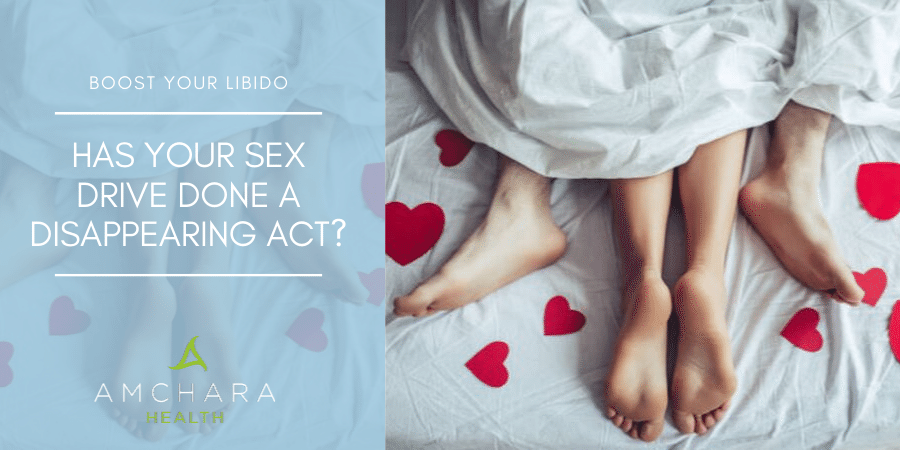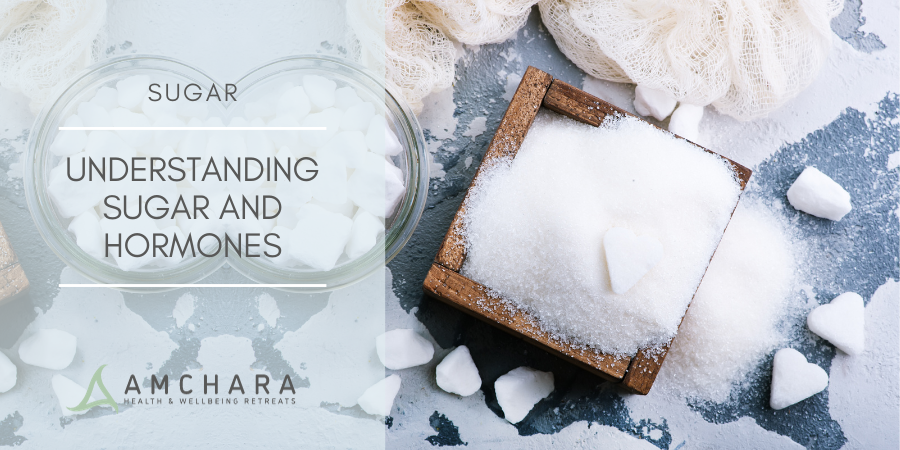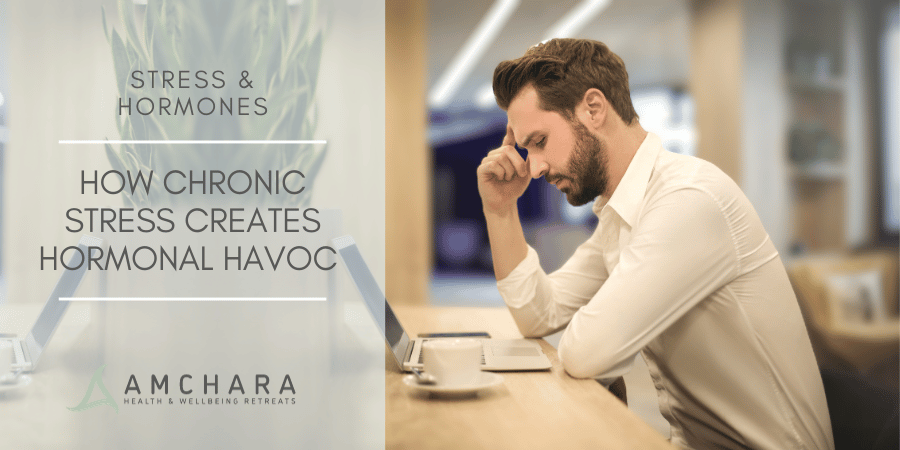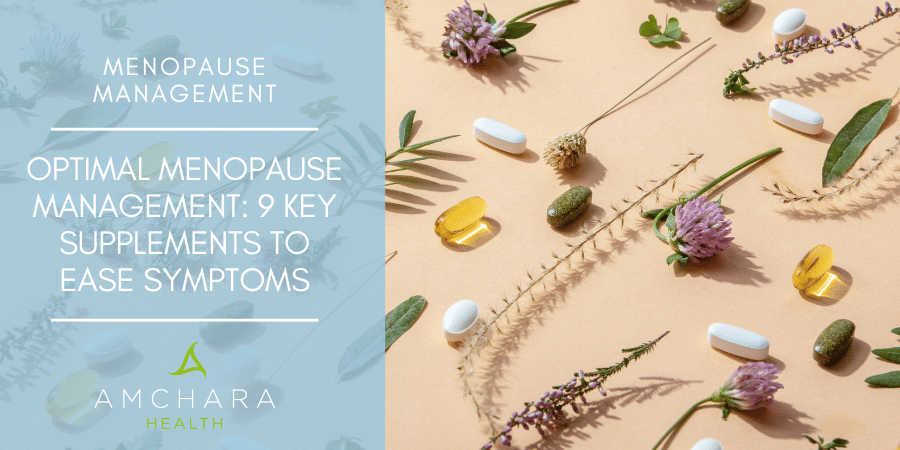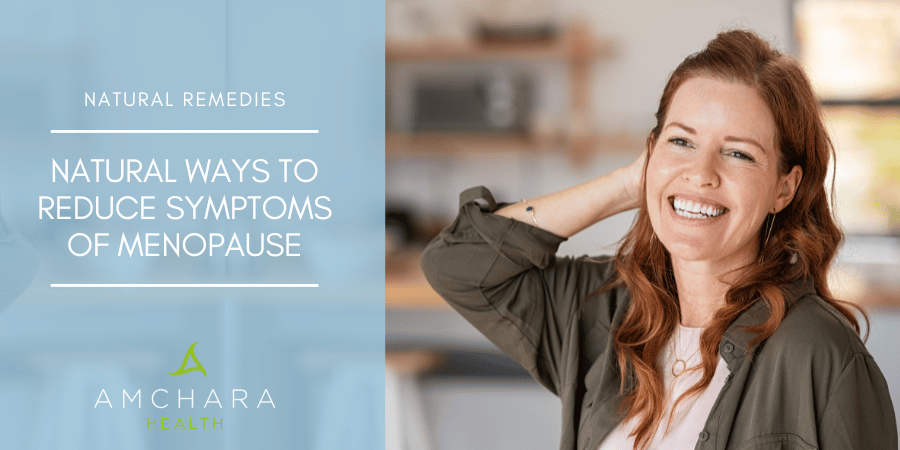What Causes Low Sex Drive? | Natural Treatments | Free Health Consultation
Has your sex drive done a disappearing act?
Maybe you’ve lost your enthusiasm for sex, or you’re too tired to be in the mood? If that sounds familiar, read on for some tips on how to naturally boost your libido.
Libido, or sex drive, is our desire for sexual activity.
Low libido is the commonest sexual problem reported by women of any age.
Our mission is to provide you with both insightful information and evidence-based content to provide you with actionable knowledge and tips you can trust, to help you on your journey to optimal health.
Let’s take a look into some causes of low libido and 12 natural and effective ways to restore your sex drive.
A decrease in interest in sex seems to be more common in women than men, but it does affect both genders.
A survey in 2012 showed that 34% of women, compared to 15% of men, lacked the desire to have sex for three or more months over the previous year.
Half of the people surveyed said they felt distressed about it.
Low libido in women and men can be caused by similar factors, although some will specifically affect one gender or the other.
There can be physical or psychological causes of low libido, or, particularly in the case of women, it can be a combination of the two.
What is clear is that low sex drive can be a significant cause of stress, depression and relationship problems.
Let’s take a look into some causes of low libido and 12 natural and effective ways to restore your sex drive.
What Causes Low Sex Drive?
Low Libido in Women
Women’s sex drive can vanish at any age, and it’s usually connected with a number of factors – both physical and psychological.
These factors can include relationship issues, body image, lack of time, depression, care giving responsibilities and more.
Physical factors affecting female libido include the following:
Hormone Havoc
Some women of menstruating age notice their libido is higher at certain times of the month, frequently around ovulation.
It seems likely, therefore, that female hormones play a role in sexual desire.
The three major female hormones are oestrogen, progesterone and testosterone – when they are out of balance, problems can occur.
When it comes to unravelling the effects of hormones on women’s sexuality is complex.
Oestrogen
Research suggests oestrogen can boost sexuality.
The rise in oestrogen just before ovulation could be correlated to the increased sex drive around this time that many women notice – but not all women experience this.
We also know that the higher a woman’s level of Luteinising Hormone – the hormone which triggers ovulation – the higher her desire.
The lower the level, the more likely it is a woman may feel apathetic towards sex. Think of it as nature’s cunning plan to get women pregnant.
We know oestrogen boosts blood flow to our sex organs as well as playing a role in nerve transmission to sexually sensitive areas.
The drop in oestrogen levels at the menopause can affect a women’s ability to become sexually aroused, her ability to feel sensations as well as contributing to low mood.
A lack of oestrogen often leads to vaginal dryness and therefore painful sex, whilst high levels of oestrogen can cause anxiety.
Progesterone and Testosterone
The effects of progesterone on libido are less clear-cut. Research has found that progesterone has a negative effect on sex drive.
Progesterone does, however, appear to act as a mood enhancer and low levels can again lead to anxiety, which is not conducive to passion.
It has been claimed testosterone plays a part in increasing female sex drive – as women produce testosterone too – but this hasn’t been borne out by research.
However, giving testosterone to women can mean it’s converted to oestrogen, so it may be this rise in oestrogen levels that’s confusing the issue.
Testosterone production in women is highest in their 20s and decreases with age, particularly after the menopause.
The symptoms of low testosterone can be passion killers in themselves, such as low mood and lethargy. Prolonged stress can also deplete progesterone.
One theory is that dopamine, a neurotransmitter associated with pleasure and motivation, increases sexual desire.
Dopamine production can be depleted by stress, obesity, alcohol, caffeine and sugar.
On the other hand, high levels of prolactin, which is usually connected with milk production, can decrease libido.
One thing is clear though – unbalanced hormones can have a negative effect on libido.
And of course a woman’s sexual desire is inextricably linked with emotions.
To want to have sex, most women need to feel secure, in a good, intimate relationship.
Feelings of resentfulness and poor past sexual experiences can be a turn off.
Low Libido in Men
Although it’s not frequently discussed, sexual problems affect men, too.
In men, erectile dysfunction rather than low libido is the most common sexual problem.
It is possible to have a healthy libido and erectile dysfunction, or problems with the two may go hand in hand.
However, either can lead to low mood, poor self-esteem and stress.
The link between hormones and desire in men appears to be a little more straightforward.
The main player here is testosterone, and low levels are associated with erectile dysfunction.
Testosterone does naturally decline with age, but it’s estimated low testosterone affects a significant number of men in their 30s and beyond.
Drugs like Viagra will not boost a man’s libido, they will only help maintain an erection.
Factors thought to deplete testosterone include sugar and refined carbohydrates, environmental oestrogens, stress and alcohol, as well as sleep apnoea and lack of sleep generally.
One study showed that after one week of only five hours of sleep per night, testosterone levels dropped significantly.
Thyroid and Low Libido
A common symptom of an under-active thyroid in both sexes is low libido.
A thyroid gland that is under-active, even very slightly, not only causes lethargy, exhaustion, depression and a tendency to gain weight, but also reduces testosterone levels and can increase prolactin levels.
On the other hand, oestrogen levels that are too high can slow down the thyroid, and many women begin to experience thyroid problems and low libido during the menopause.
Too Stressed for Sex
It will come as no surprise to anyone that stress is the biggest passion killer of all.
Prolonged stress, be it physical or mental, can not only tire us out, it can also upset the balance of oestrogen and progesterone.
Our stress glands, also called our adrenal glands, secrete various hormones, one of which is called DHEA.
From this, we can manufacture oestrogen and testosterone. If your adrenal glands are worn out after long term stress, DHEA levels and therefore these sex hormones can become low. As far as your body is concerned, when you are in the middle of a stressful situation – fending off a sabre-toothed tiger, for example – it’s not an ideal time to feel amorous!
Our production of DHEA also decreases with age.
From the above it’s clear that nutrition can play a huge role in maintaining libido, not only through providing the building locks for manufacturing hormones in the first place, but because nutrients also support the thyroid and adrenal glands.
Let’s look now at 12 natural remedies to boost libido.
Boost your Libido Naturally with these 12 Natural Remedies
1. Vitamin C and E
It appears both Vitamin C and E improve blood circulation, so deficiencies of these vitamins may lead to reduced sexual sensitivity and therefore desire.
Choose broccoli, kiwi, oranges, red peppers, almonds, sunflower seeds and spinach.
2. Iron and Zinc
For women in particular, low iron levels can dampen sexual desire as well as the ability to have an orgasm.
Menstruating women are often iron-deficient, so if you suspect this is the case, have your iron levels checked.
Good sources of iron include dark leafy greens, grass-fed beef and organic liver.
Well known for its importance in male and female fertility, zinc is essential for manufacturing thyroid hormones.
Zinc can be found in seafood, spinach, nuts and seeds. Pumpkin seeds are a great source of zinc.
3. Brilliant B Vitamins
B vitamins are crucial to the health of our stress glands, which is why you may see them referred to as ‘anti-stress’ vitamins.
All the B vitamins have slightly different functions, but they are all water-soluble, which means they can’t be stored in the body and we need a constant supply from our diet.
Unprocessed foods are highest in B vitamins, such as leafy green vegetables., beans and eggs.
4. Brazil nuts
These nuts are high in selenium, which is often deficient in our diets due to its depletion in the soil.
Selenium not only plays a role in healthy testosterone levels, but also helps to support thyroid function.
5. Shun the Passion Killers
Studies have shown sugar consumption depletes testosterone – in one study, glucose consumption decreased testosterone levels by a quarter!
Overdoing it on alcohol is known to decrease sexual desire, arousal and sensitivity.
6. Herbal Wisdom
As we have seen, hormonal imbalance can be at the root of declining libido for women.
Herbs which contain gentle plant oestrogens may therefore be of benefit.
Such herbs include Mexican Yam, Black Cohosh and Dong Quai. These herbs are best taken in consultation with a practitioner.
Research shows that Maca can increase sexual desire in men and women. Powdered Maca root can be added to smoothies.
Panax Ginseng, also known as Asian ginseng has been shown in a small study to increase sexual desire in women going through menopause.
7. Sun Sense
Vitamin D supplementation has been shown to not only increase testosterone and oestrogen, but also boost mood and feelings of wellbeing.
Get outside and be sure to get your 15 minutes of direct sunshine a day. If you suspect you may be deficient in vitamin D, a blood test will tell you.
8. Manage your Stress
Allowing yourself to relax by doing deep breathing exercises, meditation or yoga, even for just 10 minutes a day, can you give your stress glands a chance to rebalance and repair.
9. Lose excess Fat
Too high a BMI can lower libido in both men and women.
Obese men tend to suffer from erectile difficulty, and one study reported obese people are 25 times more likely to experience sexual problems.
Studies have shown losing just a little weight can improve both male and female sexual function.
10. Test your thyroid
Check your thyroid is functioning at its optimum level – even small variations in its function can have a profound effect.
Amchara offers several sensitive tests which can pick up thyroid problems early on.
11. Hormone Help
The use of bio-identical hormones may improve libido and sex drive in women.
Bio-identical progesterone is obtained by a chemical process from a plant called Mexican Yam and can be helpful to balance oestrogen and progesterone levels.
In contrast with the hormones contained in HRT and the contraceptive pill, these hormones have the same chemical structure to the hormones produced by our bodies.
Bio-identical hormones come with fewer side effects as the molecule is familiar to the body.
These hormones are best used under the guidance of a practitioner.
Our health practitioners at Amchara can offer further advice on bio-identical hormones.
12. Clean up your act
Our environment is overloaded with chemicals called xenoestrogens, capable of disrupting both male and female hormones.
They appear to be able to attach to our body’s oestrogen receptor sites and mimic its effect.
They are particularly troublesome as they are far stronger than our body’s own oestrogen.
They can easily disrupt the balance between progesterone and oestrogen.
This is relevant for both men and women because just as women produce testosterone, men also produce small quantities of oestrogen.
Huge amounts of chemicals from medications, personal care products, pesticides, cattle feed, cleaning products, solvents, plastics and other pollutants can mimic oestrogen.
Bisphenol A (BPA), found in plastic, is known to leach into food or liquid.
In an alarming study, it was found that almost 25% male fish taken from UK rivers showed feminine signs.
Whether this can affect sexual desire has not been confirmed, but the disruption to our own hormones from these substances certainly can’t help.
So, green up your bathroom cabinet and household cleaning products, use stainless-steel reusable water bottles, and store food in glass containers.
While there’s no magic pill to restore your libido, adopting some of the strategies listed above many help to boost your libido, naturally.
If you’d like to learn more about hormonal testing, don’t hesitate to get in touch.
We hope you enjoyed this article.
Do you have any other suggestions that have helped boost your libido?
We’d love to hear your thoughts.
Hormone Health Related Stories:
- 3 Of The Worst Menopause Symptoms
References
-
Keith A. Montgomery, MD, Sexual Desire Disorders. Psychiatry (Edgmont). 2008 Jun; 5(6): 50–55.
-
Bullivant SB, et al. Women’s sexual experience during the menstrual cycle: identification of the sexual phase by noninvasive measurement of luteinizing hormone. J Sex Res. 2004 Feb;41(1):82-93
-
James R.Roney; Zachary L.Simmons, Hormonal predictors of sexual motivation in natural menstrual cycles, Hormones and Behavior, Volume 63, Issue 4, April 2013, Pages 636-645
-
Graham et al. What factors are associated with reporting lacking interest in sex and how do these vary by gender? Findings from the third British national survey of sexual attitudes and lifestyles; Sexual health Research
